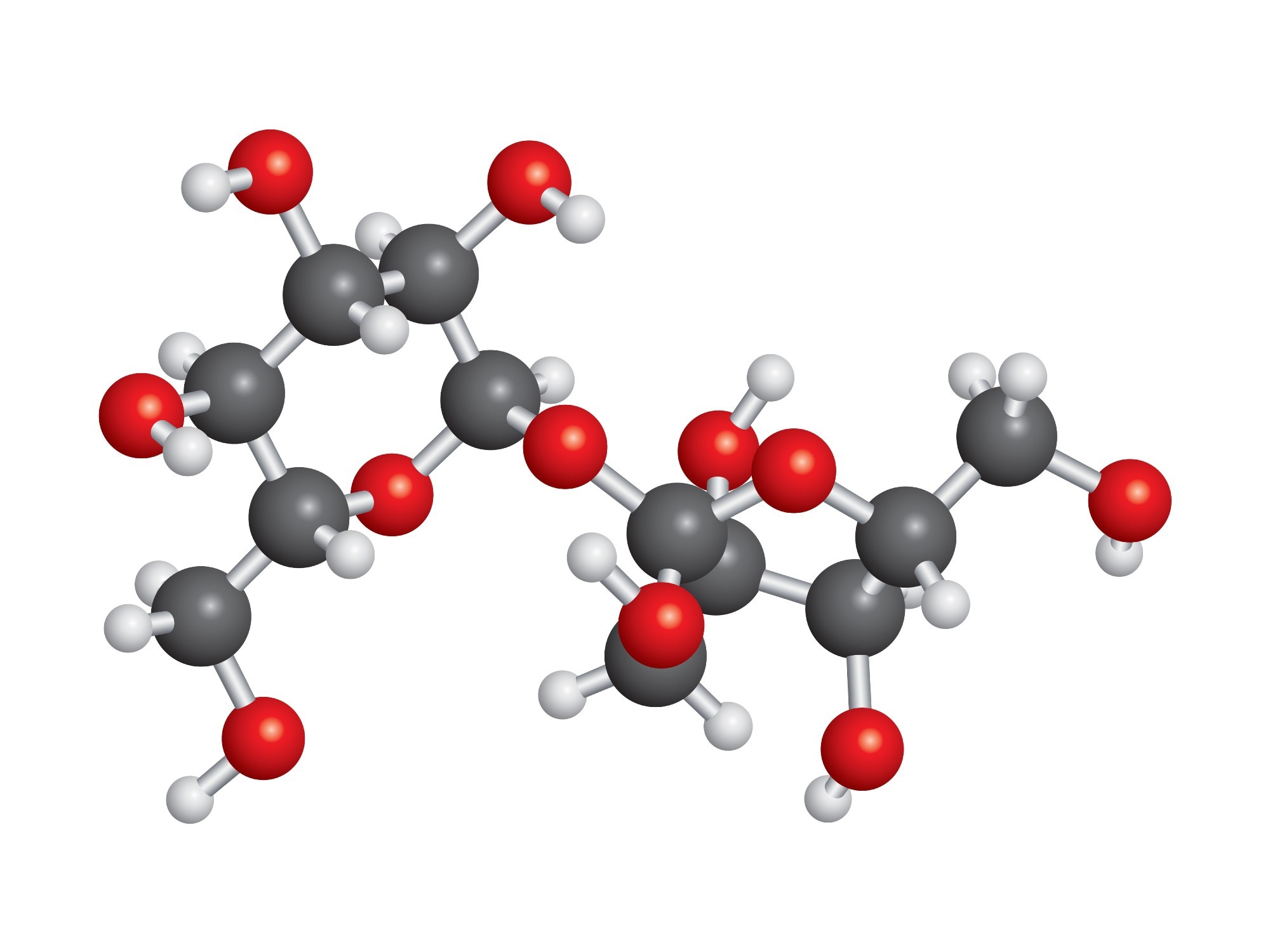Polymers in Building: Stronger, Lighter in weight, and A Lot More Resilient
Polymers in Building: Stronger, Lighter in weight, and A Lot More Resilient
Blog Article
Exploring the Varied Applications and Benefits of Polymers in Different Industries
Polymers, with their varied variety of residential or commercial properties and performances, have come to be crucial in different markets, each reaping unique gain from their application. Polymers. From enhancing safety and security and efficiency in the auto market to reinventing clinical devices in the health care market, polymers play a critical duty. Their environment-friendly nature is changing the landscape of sustainability practices. As we look into the depths of polymers in electronics, we reveal sophisticated advancements, while their structural integrity changes the realm of construction and framework. The prevalent influence of polymers throughout markets is a testament to their versatility and flexibility, shaping the future of countless fields.
Automotive Industry Applications
Polymers play a critical role in boosting the performance and durability of various components within the auto industry. One prominent usage of polymers in the automotive industry is in the production of light-weight components.

Healthcare Industry Advantages
In various healthcare applications, the advantages of using polymers are commonly acknowledged for their diverse series of valuable residential or commercial properties. Polymers play a vital function in the health care market as a result of their versatility, biocompatibility, and cost-effectiveness. Among the primary benefits of polymers in healthcare is their capacity to be customized to details needs, such as adaptability, durability, and biodegradability, making them ideal for a wide variety of medical applications.
Polymer-based products are thoroughly made use of in medical devices, such as catheters, implants, prosthetics, and drug delivery systems, as a result of their biocompatibility and capacity to simulate all-natural cells. These materials can decrease the risk of allergic reactions or rejections, enhancing person safety and outcomes. Additionally, polymers are light-weight, making them ideal for wearable medical gadgets and ensuring person convenience.
Additionally, polymers make it possible for the development of cutting-edge treatment approaches, such as hydrogels for tissue engineering and nanocomposites for targeted medication shipment. Their ease of processing and sanitation makes them essential for maintaining high standards of health in healthcare setups. In general, the varied benefits of polymers contribute dramatically to developments in clinical modern technology and client treatment.
Ecological Benefits of Polymers

Furthermore, polymers can add to energy financial savings due to their lightweight nature. In markets such as transport, light-weight polymer materials can assist lower gas intake and greenhouse gas exhausts. Additionally, polymers can enable the growth of energy-efficient products such as insulation products that enhance energy conservation in buildings.
Additionally, polymers play an important role in reducing water pollution. The use of polymer-based filtering systems can efficiently remove pollutants and impurities from wastewater, guarding water resources and communities. Overall, the ecological advantages of polymers make them useful assets in promoting sustainability and eco-friendly practices throughout different industries.
Polymers in Electronic Devices and Innovation
Thinking about the increasing need for ingenious and sustainable remedies in contemporary industries, the assimilation of sophisticated polymer technologies in the world of electronics and modern technology has become an essential strategy for driving performance and performance. Polymers have actually transformed the electronic devices market by enabling the production of lighter, more versatile, and durable digital devices. From smart devices to medical tools, polymers play a critical role in boosting product layout and performance.
One significant advantage of polymers in electronic devices is their protecting buildings, which assist protect delicate digital components from ecological my blog elements and electric interference. In addition, polymers are crucial in the advancement of adaptable displays, wearable technology, and printed electronic devices, using limitless possibilities for developing smart and interconnected gadgets.
In addition, using polymers in electronic product packaging has actually led to improvements in miniaturization and thermal monitoring, improving the general efficiency and integrity of digital systems. As technology continues to progress, the convenience and flexibility of polymers will unquestionably drive better innovation in the electronics market, shaping the future of innovation.
Function of Polymers in Building and Framework
Polymers use many advantages in the construction sector due to their adaptability, sturdiness, and cost-effectiveness. One key duty of polymers in building is their use in layers and sealers, providing defense against ecological aspects such as moisture, UV radiation, and deterioration.
In addition, polymers play a vital role in lasting construction methods by making it possible for the development of energy-efficient structures. Shielding materials made from polymers aid regulate interior temperature levels, lowering the demand for heating and cooling systems and ultimately reducing power intake - Polymers.
Conclusion
In final thought, polymers play a crucial duty in numerous sectors such as auto, health care, ecological, electronic devices, and building and construction. Their functional buildings make them valuable in creating innovative remedies and items. From improving gas performance in cars to enhancing medical devices, polymers offer numerous benefits. Additionally, their effect on reducing waste and promoting sustainability highlights their relevance in modern-day applications. The extensive use polymers demonstrates their significant payment to progressing innovation Visit Website and improving visit this site right here quality of life.
Report this page